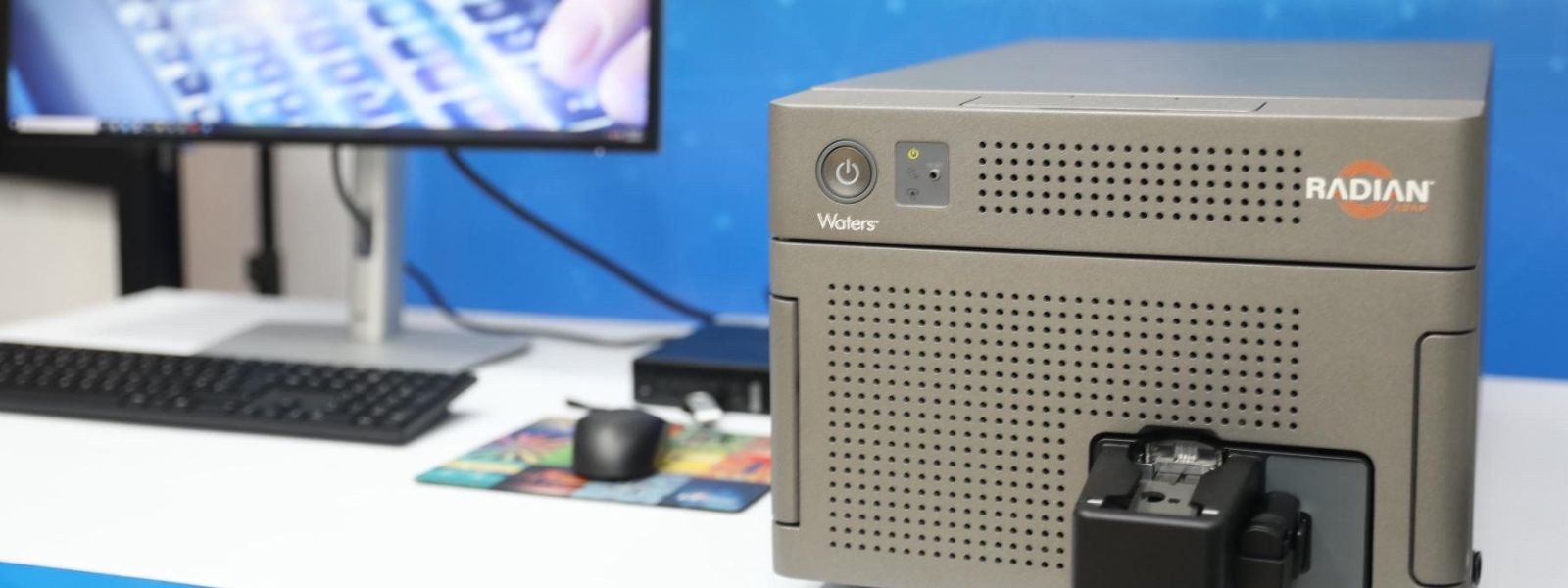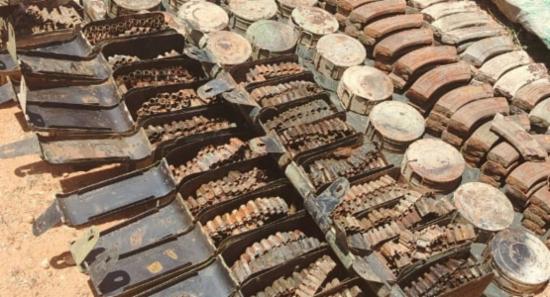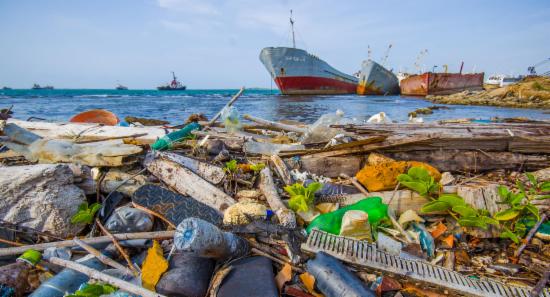.webp)

U.S. Donates Rs. 40M Drug Detector to Sri Lanka in Fight Against Fentanyl
COLOMBO (News 1st); The U.S. Department of State has donated a state-of-the-art drug detection device to Sri Lanka’s National Dangerous Drugs Control Board (NDDCB).
The equipment, valued at Rs. 40 million, is designed to identify modern synthetic drug compounds with speed and precision.
The donation marks the first phase of the “Upgrading of Forensic Lab Capabilities” project, which aims to enhance forensic infrastructure not only in Sri Lanka but also in Nepal, Bangladesh, and the Maldives.
Speaking at the handover ceremony in Colombo, Dr. Benjamin P. Reyes, Secretary General of the Colombo Plan, highlighted the significance of the RADIAN ASAP direct mass detector:
“This cutting-edge equipment will help forensic labs across the region tackle the growing threat of synthetic drugs. Its intuitive design and minimal sample preparation make it ideal for rapid, accurate drug detection. Beyond law enforcement, it can also be used in food safety, environmental testing, and pharmaceuticals.”
Jayne Howell, Deputy Chief of Mission at the U.S. Embassy in Sri Lanka, emphasized the broader impact of the donation:
“This technology will empower law enforcement to respond more effectively to drug-related crimes, support evidence-based prosecutions, and ultimately save lives. It reflects the United States’ commitment to regional security and our shared fight against synthetic drugs like fentanyl.”
The initiative is part of a wider U.S. strategy to disrupt global synthetic opioid supply chains and strengthen public safety across the Indo-Pacific.
The donation comes amid global concerns over the spread of synthetic opioids. Former U.S. President Donald Trump had previously called on Canada and China to take stronger action against fentanyl trafficking, citing it as a key issue during trade negotiations.
Other Articles
Featured News





.png )





-809902_550x300.jpg)




-809496_550x300.jpg)












.webp)






